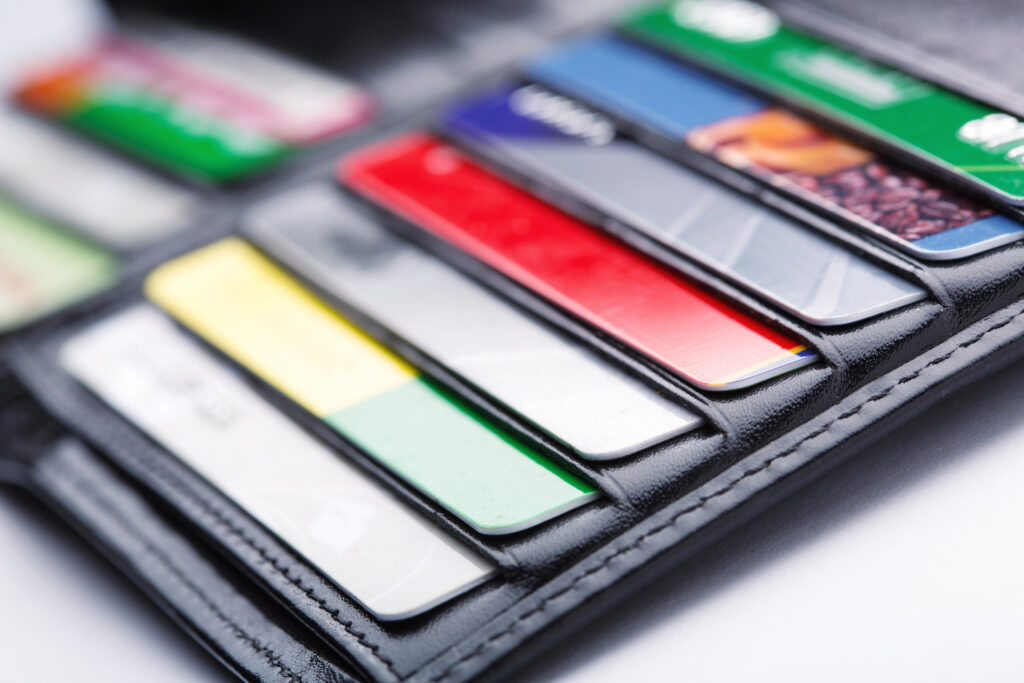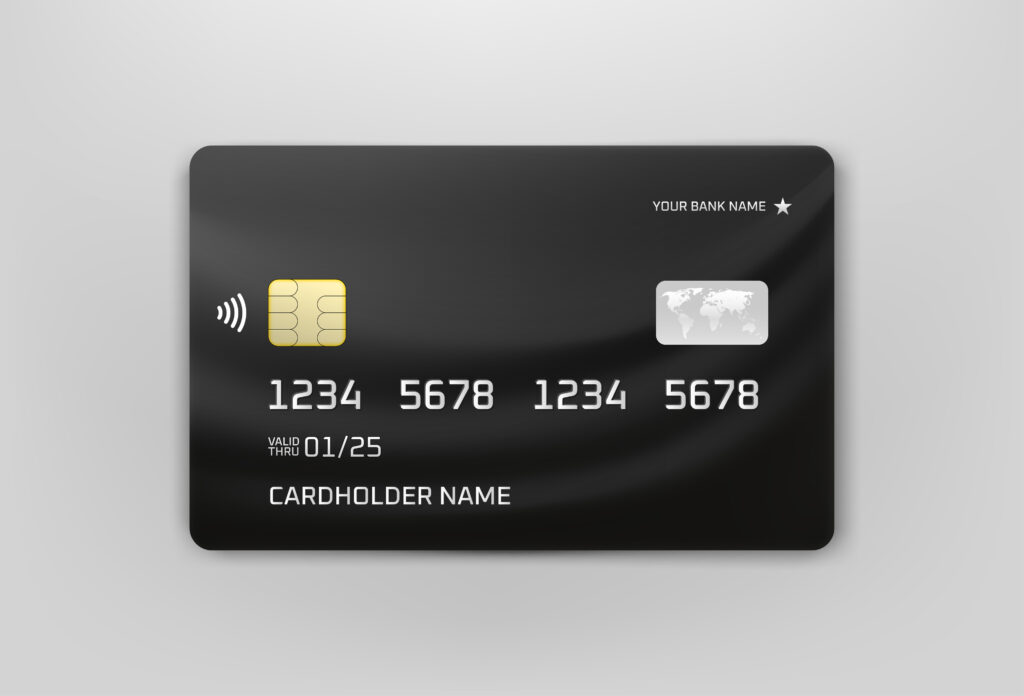Credit cards have become an increasingly common way to make purchases and manage finances. They offer convenience and flexibility, but also come with potential risks and drawbacks. In this article, we’ll cover everything you need to know about credit cards, including how they work, how to choose the right one, and how to use them responsibly.
Related Topics:

What is a Credit Card?
A credit card is a payment card that allows you to borrow money from a financial institution to make purchases. The amount you can borrow is determined by your credit limit, which is based on factors such as your credit history, income, and debt-to-income ratio.
When you use a credit card to make a purchase, you are essentially taking out a loan from the credit card issuer. You will need to pay back the amount you borrowed, plus any interest or fees that apply.
Credit cards can be used for a variety of purchases, from groceries to travel expenses to online shopping. Many credit cards also offer rewards programs, such as cash back or travel points, which can be earned when you use the card to make purchases.

How to Choose a Credit Card
Choosing the right credit card can be overwhelming, as there are many options to choose from. Here are some factors to consider when choosing a credit card:
Interest Rates: The interest rate, also known as the Annual Percentage Rate (APR), is the amount of interest you will be charged on any outstanding balance you carry from month to month. Look for a card with a low interest rate to save money on interest charges.
Fees: Credit cards often come with fees, such as an annual fee, late payment fee, or balance transfer fee. Make sure to read the fine print and understand any fees associated with the card.
Rewards Programs: If you plan to use your credit card for everyday purchases, look for a card with a rewards program that aligns with your spending habits. For example, if you travel frequently, look for a card that offers travel rewards.
Credit Score Requirements: Some credit cards require a certain credit score to be approved. Check your credit score before applying for a card to make sure you meet the requirements.
Credit Limit: Look for a card with a credit limit that fits your needs. A higher credit limit can be beneficial, but also comes with the risk of overspending and accumulating debt.

How to Use a Credit Card Responsibly
Using a credit card responsibly is key to avoiding debt and maintaining good credit. Here are some tips for using a credit card responsibly:
Pay your balance in full each month: To avoid interest charges and accumulating debt, pay your balance in full each month. If you cannot pay your balance in full, pay as much as you can and try to pay off the remaining balance as soon as possible.
Avoid maxing out your credit limit: Maxing out your credit limit can harm your credit score and make it difficult to pay off your balance. Try to keep your balance below 30% of your credit limit.
Set up automatic payments: Setting up automatic payments can help you avoid late payments and fees. Just make sure to check your account regularly to ensure the payments are going through correctly.
Monitor your credit card statements: Regularly review your credit card statements to check for any errors or fraudulent charges. Report any suspicious activity to your credit card issuer immediately.
Avoid cash advances: Cash advances come with high fees and interest rates, making them a costly way to borrow money. Avoid using your credit card for cash advances whenever possible.
Use credit wisely: Only use your credit card for purchases you can afford to pay off. Avoid using credit to fund an unsustainable lifestyle or to make impulse purchases.

Benefits of Using a Credit Card
While credit cards come with potential risks and drawbacks, they also offer several benefits. Here are some benefits of using a credit card:
Building Credit: Responsible use of a credit card can help you build and improve your credit score. This can lead to lower interest rates on loans and credit cards, making it easier and cheaper to borrow money in the future.
Rewards Programs: Many credit cards offer rewards programs that allow you to earn cash back, travel points, or other rewards when you use the card to make purchases.
Fraud Protection: Credit cards offer fraud protection that can help you avoid liability for unauthorized charges.
Convenience: Credit cards offer convenience, allowing you to make purchases online or in-person without having to carry cash or a checkbook.

In conclusion, credit cards can be a useful tool for managing finances and making purchases, but they come with potential risks and drawbacks. When choosing a credit card, it’s important to consider factors such as interest rates, fees, rewards programs, and credit score requirements. To use a credit card responsibly, pay your balance in full each month, avoid maxing out your credit limit, and monitor your statements for errors or fraudulent activity. By using credit wisely and responsibly, you can enjoy the benefits of credit cards while avoiding debt and maintaining good credit.



